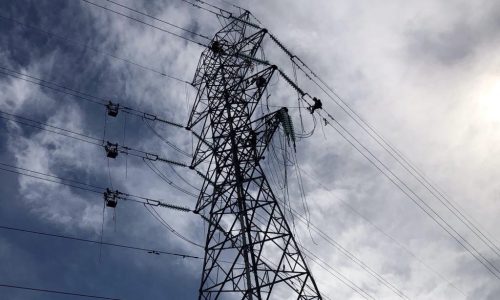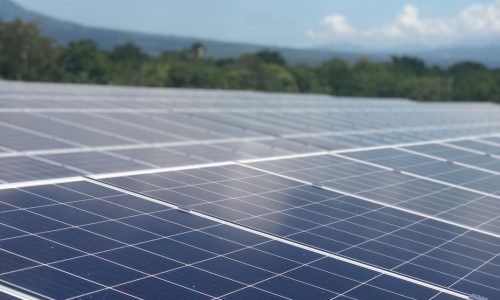Indonesia and Japan have agreed to amend the Indonesia-Japan Economic Partnership Agreement (IJEPA). Amendment to the agreement has the potential to increase Indonesia’s fisheries exports to Japan.
The Japanese Ministry of Foreign Affairs revealed that both countries have exchanged diplomatic notes for amending Appendix 2 (Special Rules for Products) of the IJEPA.
The exchange of diplomatic notes took place on Monday in Jakarta (3/7/2023). The Japanese Ministry of Foreign Affairs also stated that the amended Appendix 2 will come into effect on February 5, 2024.
Promoting bilateral trade and investment
Japanese Ambassador to Indonesia Kanasugi Kenji stated that the revision of IJEPA is being carried out to promote bilateral trade and investment by maximizing the comparative advantages of both countries.
“I firmly believe that Japan will remain an important trading partner for Indonesia in the years to come,” he said, as quoted on Thursday (6/7).
Indonesian Minister of Trade Zulkifli Hasan, in an official statement on Thursday (25/5), also stated that Indonesia is optimistic about the improvement of Indonesia-Japan relations through the bilateral trade agreement, including IJEPA.
Furthermore, Zulkifli also mentioned that the signing of the IJEPA amendment protocol can be completed during the ASEAN Summit in September 2023 or the ASEAN-Japan Commemorative Summit in November 2023.
“Indonesia took note of Japan’s request for access to the steel market and requested that Japan eliminate tariffs for four tariff items of canned tuna,” he explained.
Concern on on-tariff barriers
In relation to the amendment, Economist from the Institute for Development and Economic Finance (INDEF), Ahmad Heri Firdaus, explained that tariff elimination for these Indonesian products will stimulate even greater exports.
“If the tariffs are reduced or eliminated, it is expected that canned tuna products in the Japanese market will become more competitive and increase the export of these products,” he explained.
However, Heri also cautioned that Japan applies many non-tariff measures (NTMs) to filter products entering their domestic market. Therefore, in addition to the request for tariff elimination, Heri believed that there should also be an agreement on non-tariff measures.
Japan’s NTMs have also been one of the obstacles in the negotiation of the IJEPA revision. Many Indonesian products have failed to enter Japan because of non-tariff barriers, considering that Japan applies high standards regarding health and environment, among other aspects.
“This then becomes a challenge for Indonesia to improve the quality of export products in order to penetrate markets with many NTMs,” he explained.









